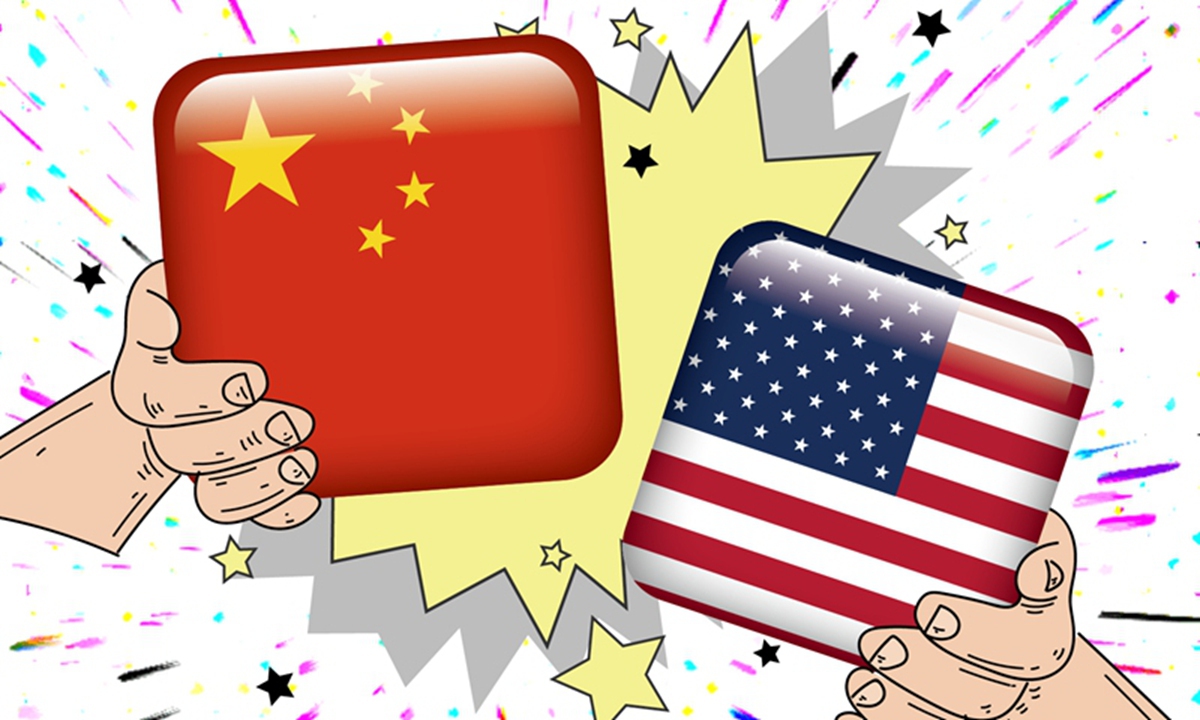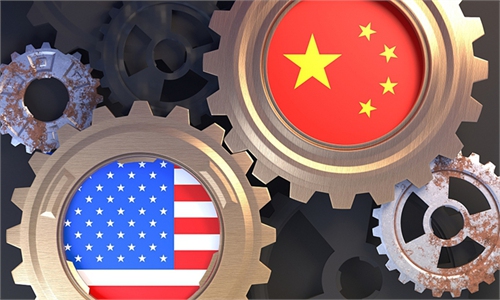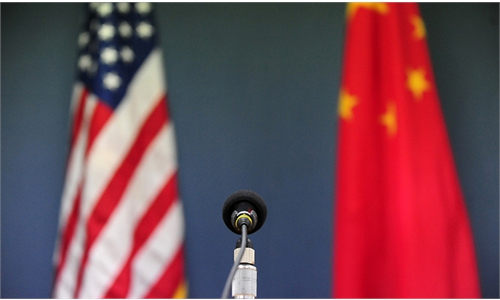
China US Photo: Global Times
Chinese and US leaders stressed the need for increased communication to manage differences and pursue win-win cooperation in areas of shared interests during a long virtual summit on Tuesday. But in Washington, US lawmakers are seeking to push forward what has been described as the "China tech bill," which would include potential sanctions against Chinese businesses.US Senate Democratic Majority Leader Chuck Schumer said that the annual National Defense Authorization Act (NDAA), which is due to begin consideration this week, would be amended to include the US Innovation and Competition Act (USICA), Reuters reported on Tuesday.
Even against the backdrop of the China-US tensions, the USICA is the latest attempt by the US Congress to use unilateral sanctions and other measures to contain China's technological rise and maintain its technological hegemony. The Chinese Foreign Ministry has expressed resolute opposition to the legislation, which it says distorts facts and reflects Cold War mentality.
Even within the US, the bill remains highly controversial. After the US Senate passed USICA in June, the bill stalled in the House of Representatives.
The USICA is intended to authorize $190 billion to strengthen US technology and research, with an additional $54 billion to increase production and research into semiconductors and telecommunications equipment.
But many argue that the current chip shortage is a result of temporary disruptions to the supply chains, which may be naturally ironed out over the next several months; therefore, the funding to the semiconductor sector may only create overcapacity and surplus supplies over the longer term.
Also, the bill, which originally focused only on boosting research funding, now has more than 2,000 pages. The length and the bipartisan negotiations have already made people skeptical about the effect of the bill, even if it was signed into law.
Notably, the bill's provisions targeting Chinese high-tech companies raise questions about the US' attitude toward tech competition with China. For instance, the bill would block the purchase of drones manufactured and sold by Chinese companies and create broad new mandatory sanctions on Chinese entities.
If it becomes a trend for the US to rely on economic sanctions to maintain its technological hegemony and if the US intends to launch broad crackdowns on China's development, conditions for fair competition and cooperation between China and the US would be seriously undermined.
If the US decides to use its hegemonic power to contain China as a competitor and hurt China's national interests, China will have to take all necessary measures to respond. In the mean time, by building on its own strength, China will gain its own strategic initiative.



